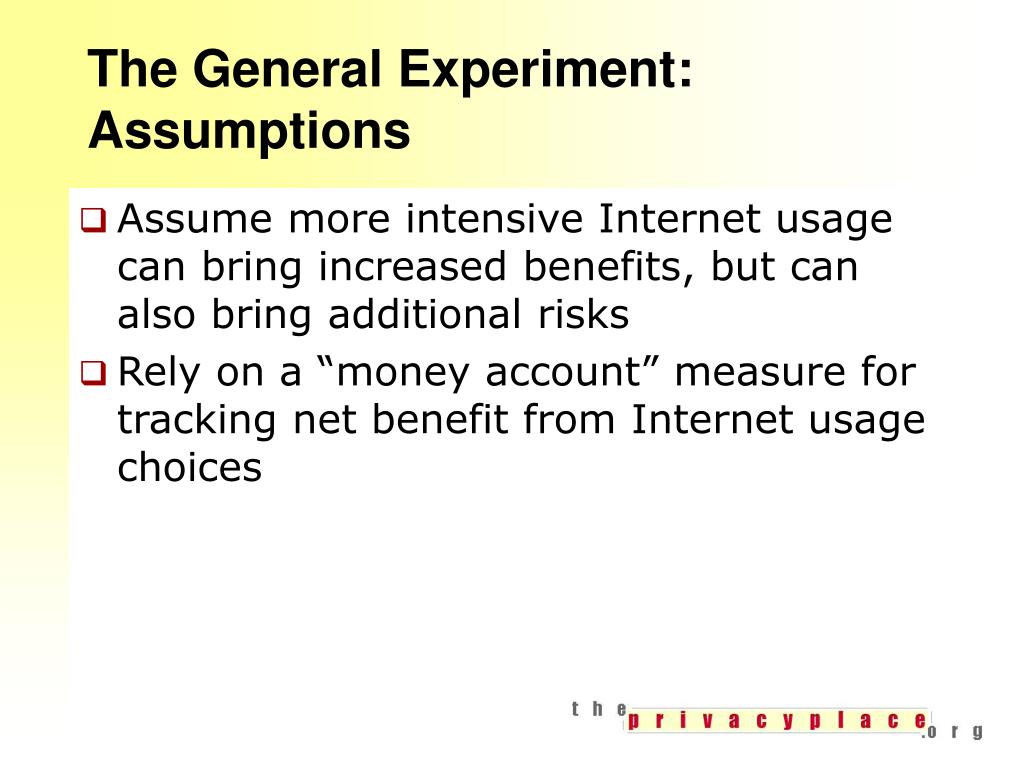
Image: www.slideserve.com
Science is a fascinating endeavor that seeks to unravel the mysteries of the natural world. Its methodology relies on carefully constructed assumptions, often so deeply ingrained that we rarely question their validity. These assumptions form the bedrock of scientific thinking, shaping our understanding and perception of the universe we inhabit.
From the premise that the universe operates according to universal, unchanging laws to the belief in the objectivity of scientific observation, scientists make certain general assumptions to enable their work. In this article, we will delve into the world of these assumptions, exploring their nature and implications for scientific inquiry.
1. The Uniformity of Nature
This assumption posits that the laws of nature remain consistent throughout space and time. In other words, the same rules that govern the behavior of matter in Earth’s atmosphere will do so in the far reaches of the cosmos. This assumption allows scientists to draw inferences from observations in one setting to predict outcomes in different settings.
2. Objectivity of Observation
Scientists strive to obtain accurate and unbiased data. The objectivity of observation assumption suggests that it is possible for observers to remove their personal biases and limitations from the data they collect. This enables them to develop theories and models that accurately reflect the nature of reality.
3. Rationality of Human Thought
Humans have the capacity to reason, develop explanations, and create theories. The rationality of human thought assumption presupposes that the human mind can comprehend the underlying workings of the natural world and produce logical conclusions. Scientists believe that they can deduce truths about the universe through careful thought and analysis.
4. Predictability of the Future
The belief in the predictability of the future is a fundamental assumption of science. It posits that, given the current state of the universe, it is possible to forecast the trajectory of events using established scientific principles. This assumption allows scientists to make predictions about natural phenomena, such as weather patterns or planetary movements.
5. Empirical Verification
By its nature, science relies on observable and testable phenomena. The empirical verification assumption emphasizes that claims and hypotheses must undergo experimental validation to be considered valid. Scientists conduct experiments to verify their predictions, subjecting them to rigorous testing to ensure their accuracy.
Expert Insights and Actionable Tips
The renowned physicist Albert Einstein remarked, “Science is not about knowing, it is about understanding.” This underscores the importance of comprehending the underlying principles that govern natural phenomena rather than merely accumulating facts. Scientists encourage aspiring science enthusiasts to:
- Cultivate an inquisitive nature and questioning mind.
- Actively seek out knowledge through reading, observation, and experimentation.
- Embrace the value of critical thinking and the ability to form evidence-based conclusions.
Conclusion
The general assumptions of science provide a framework for scientific thinking, enabling us to explore and understand the intricate workings of the natural world. From the uniformity of nature to the empirical verification of hypotheses, these assumptions guide the scientific process, ensuring the rigor and integrity of its methodologies. While these assumptions may evolve over time as new discoveries emerge, they remain indispensable foundations of scientific inquiry. By delving into these principles, we gain a deeper appreciation for the scientific endeavor and its quest for truth and enlightenment.

Image: www.slideshare.net
Choose All General Assumptions Made By Scientists.

